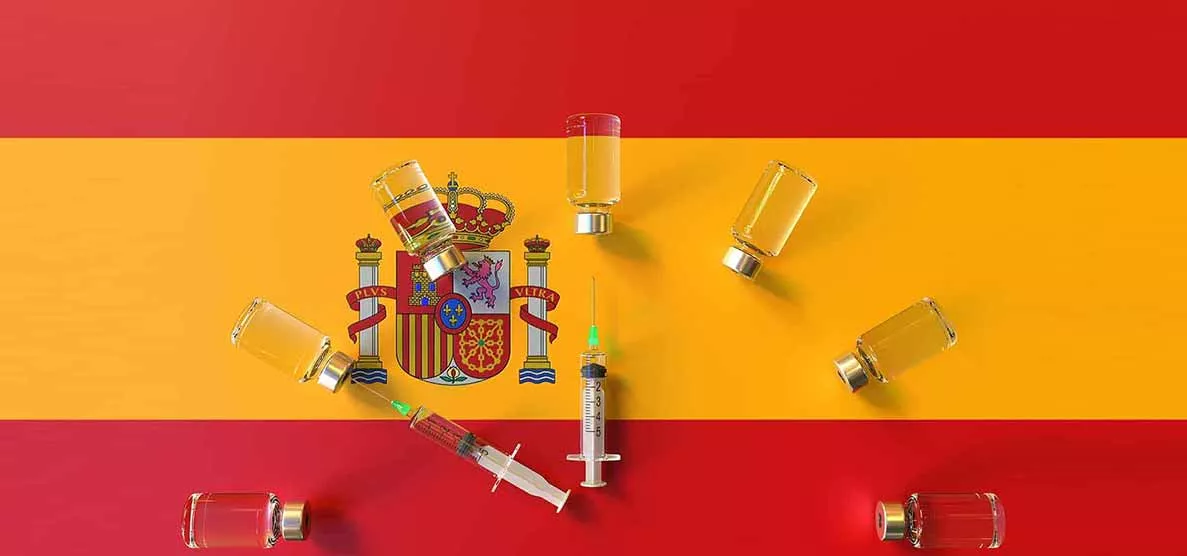
Navigating Differences Across the EU: Spain’s Requirements Explored
14 march 2022

Across Europe, national competent authorities are responsible for the assessment and maintenance of any medicine or medical device that does not pass through the centralized procedure. In Spain, responsibility for the quality, safety, efficacy and accurate information of healthcare products – from research and throughout the product lifecycle is handled by the Agencia Española de Medicamentos y Productos Sanitarios (AEMPS), a state agency within the Spanish Ministry of Health, Social Services and Equality.
While EU Member States follow EMA guidelines designed to establish a harmonized approach to requirements related to a product’s quality, safety and efficacy, some regulatory processes adopted by the AEMPS differ slightly from those in other EU countries. These differences are most notable in the requirements around the use of dedicated databases and with regards to new applications and variations.
For regulatory affairs, an understanding of the RAEFAR II portal for human medicinal products (or RAEVET for veterinary products) is essential. The RAEFAR portal is only in Spanish and is used for the registration and management of medicinal products. Applications in the national procedure or the national phases of the mutual recognition procedure (MRP) or decentralized procedure (DCP) must be made through the portal. Those granted access to the portal can view information, such as the status of a variation application in real time, as well as access documents issued by the AEMPS (including approvals, rejections, etc.). In addition, it can be used for requests for national codes, renewals, correction of mistakes in the product information, marketing authorization transfers and to notify about the commercialization status of medicines (including temporary suspensions).
Handling new applications and variations
The product information for new applications and variations is handled via the “Aplicación de Fraccionamiento” (Management of SmPC and Patient Information Leaflets). This application is a Word amendment and allows the easy submission of product information texts by sections during national phases and contains mock-ups, braille certificates, labeling texts etc., which makes it more accessible and simple to use. It is also mandatory for use in national procedures and for the national phase of MRP/DCPs, and is made available in both Spanish and English. Once the information has been entered by the laboratory and approved by the assessor, it will be published in the CIMA database of the AEMPS (Centro de Información online de Medicamentos de la AEMPS [Medicine Online Information Center of AEMPS]).
The CIMA database contains information on all medicinal products in Spain, including details on authorization, marketing status, and possible supply problems. All key characteristics associated with the medicinal product are shared on the database along with the leaflet, summary of product characteristics (SmPC) and other necessary information such as prescription status, authorized presentations of a medicinal product, information on withdrawal or temporary suspension, lists of excipients, and for reporting a suspected adverse reaction. The information in this database is usually updated a few days after any changes are submitted.
For marketing authorization applications, variations, marketing authorization transfers or renewals for national procedures in Spain or for European procedures where Spain acts as reference or concerned Member State, the corresponding fees for these applications need to be paid in advance. This is made through a telematics fee payment, where a corresponding form (model 317) must be completed with all information relevant to the procedure that requires the fee payment. Model form 317 is automatically created after filling out the data that needs to be attached to the documentation/sequence, together with the bank-issued proof of the payment. Payment can be made by bank transfer or credit card.
Safeguarding your marketing authorization
Spain also has a sunset clause, where a marketing authorization expires if the product is not placed on the market within three years. Unlike other countries, the AEMPS does not notify the marketing authorization holder (MAH) about the expiry. In some exceptional cases, exemptions from invalidation can be granted. However, to ensure the product’s marketing authorization remains valid, the MAH only need to market the product in one of the authorized presentations, since the AEMPS grants a marketing authorization for all formats of the product
Companies bringing products to the market in Spain must be prepared to address these complexities as well as other pre-launch requirements, such as mandatory braille certificates, a waste management certificate (SIGRE) and detailing the launch of the first batch on the market, as well as navigating pricing and reimbursement with the Ministry of Health.
The EU is a single market and the EMA does establish harmonized guidelines, but as the Spanish example demonstrates, there are still many differences that companies must understand to successfully bring — and maintain — products to different markets.
Discover in this case study how PLG can support you navigating some Spain’s requirements.
Register to our news and events
Go to our Events to register
Go to our News to get insights
